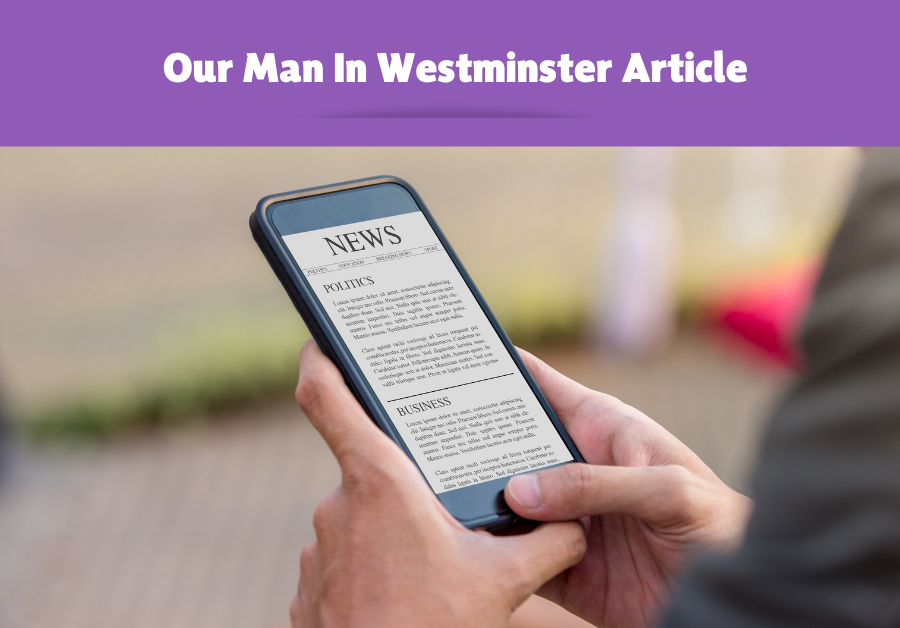The Queen’s speech marked the start of a new parliament session at Westminster.
With the forthcoming European referendum, the Governments programme for the new parliament session at appears to be, at best, light. It was more a story of what wasn’t included rather than what was.
There was, however, one area of the speech that should be of interest to us locally – the proposed investment into research for driverless car technology (or Autonomous Vehicles).
One would be forgiven for thinking that driverless cars on our roads as something ‘futuristic’ but, in fact, this technology is, even now, deployed in different guises. We already see features such as automatic parking becoming the norm and industry experts, including car manufacturers, tell me driverless cars could be on our roads within just 6 years.
Many people from the driving industry support the introduction of driverless technologies, not least the motor insurance industry. They tell me they anticipate a significant reduction in road accidents and, most importantly in deaths on our roads. This is, of course, very welcome news.
That said, there are still many unanswered questions that must be settled before driverless cars can become a reality on UK roads. Such as when there is an accident involving an autonomous vehicle – who is responsible? Is it the disengaged “driver “or the car? Also, how will autonomous vehicles affect congestion and how will they interact effectively with those controlled manually? What protections need to be in place to avoid them being hacked?
If, after convincing responses to questions like these and extensive research, driverless cars are proven to reduce accidents then it is vital that these benefits are felt across all nations of the UK – rural and urban areas. Safety improvements should be felt in Ardersier as they are in Accrington and Milton of Leys should be treated in the same way as Milton Keynes. This can be achieved with an inclusive strategy and a commitment to investment.
As the SNP Westminster Group Leader for Transport I will be pressing the Secretary of State for Transport to invest in an infrastructure to support driverless technologies. For instance, driverless cars in the Highlands where 43% of our roads don’t have phone or text signal will be unworkable. Before deployment we must see significant improvement to mobile (telephone) connectivity. It is, after all, required to transmit and receive essential data to make the technology work.
This means decisions are needed now on the future of mobile networks. It can’t be left to market forces, there needs to be a mobile connectivity strategy to ensure 100% of the very fastest available coverage. That’s why I have reinstated my demand that when new mobile phone licences are released the UK treasury ensure that areas, like ours, are at the front of the queue. We already know that left to their own devices, mobile phone companies are failing rural areas. We remain as much at the back of the queue for digital technology as we always have. Here in one of Europe’s fastest growing cities there are many areas with patchy coverage and, even parts with no service at all. It is not good enough and must change.
After all these licence contracts fetch hundreds of millions of pounds and we should all benefit from them. The Highlands and Inverness should, quite simply, be connected – especially when it comes to safety for all of our constituents.
Keep up to date with new articles at www.drewhendrymp.scot
Find out more about my work in parliament at www.theyworkforyou.com

